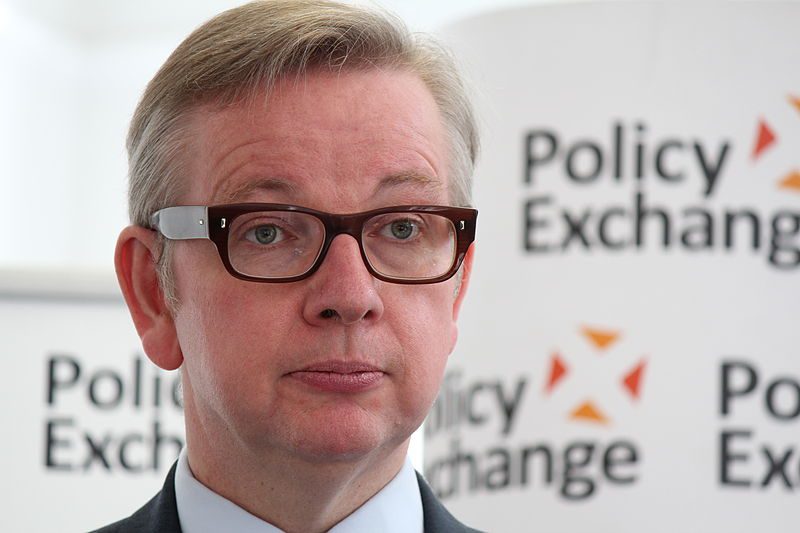Irish agri-food will, no doubt, be breathing a sigh of relief, given the comments made by Department of Food and Rural Affairs (DEFRA) Secretary, Michael Gove, to this year’s Oxford Farming Conference.
Specifically, he said that the UK will seek to secure a free trade deal with the EU-27. He also inferred that continuing levy-free access for Irish beef to the British market would be included within this measure.
However, Gove also used his speech to flesh-out many of the policy principles that will underpin future British governments’ commitment to agriculture. And a number of these are worth taking full note of on this side of the Irish Sea
All of this has echoes of the statements made repeatedly by UCD’s Professor Patrick Wall to the effect that farmers are now in the health business, as opposed to being mere producers of food.
And, all of this is so true. The one missing link is that of ensuring sustainable farmgate prices.
The good news for British farmers, however, is that the benefits of delivering a fully transparent food chain have also been fully noted by the DEFRA secretary.
And to this end, he has instructed his ministerial colleague, George Eustice, to get to the bottom of the buying-in policies operated by all the retail multiples operating in the UK.
One of the other encouraging facets to Gove’s speech was his commitment to driving food production standards in the UK upwards – from a sustainability, conservation and environmental protection perspective.
The history books will show that the UK was, primarily, responsible for pushing forward the agenda on environmental protection within the EU over the past thirty years or so.
My understanding is that a free-trade deal between the UK and the EU-27 requires the continuing harmonisation of food production standards.
So we could arrive at a situation, by default, where the UK would be driving the food production agenda in the EU well into the future.
This, in turn, would be good news for Ireland.
Bord Bia’s Origin Green initiative would then have the opportunity to truly reflect the potential of the Irish food sector to deliver on the vision of sustainable intensification.
This is a principle that was strongly championed by Simon Coveney during his time as Ireland’s former minister for agriculture, food and the marine.
